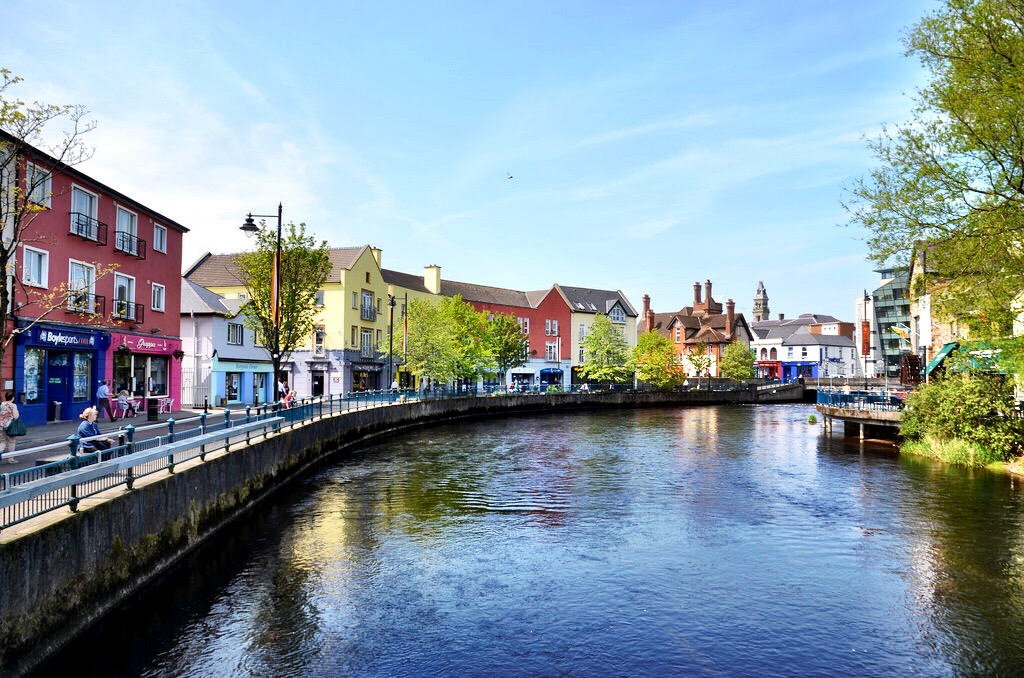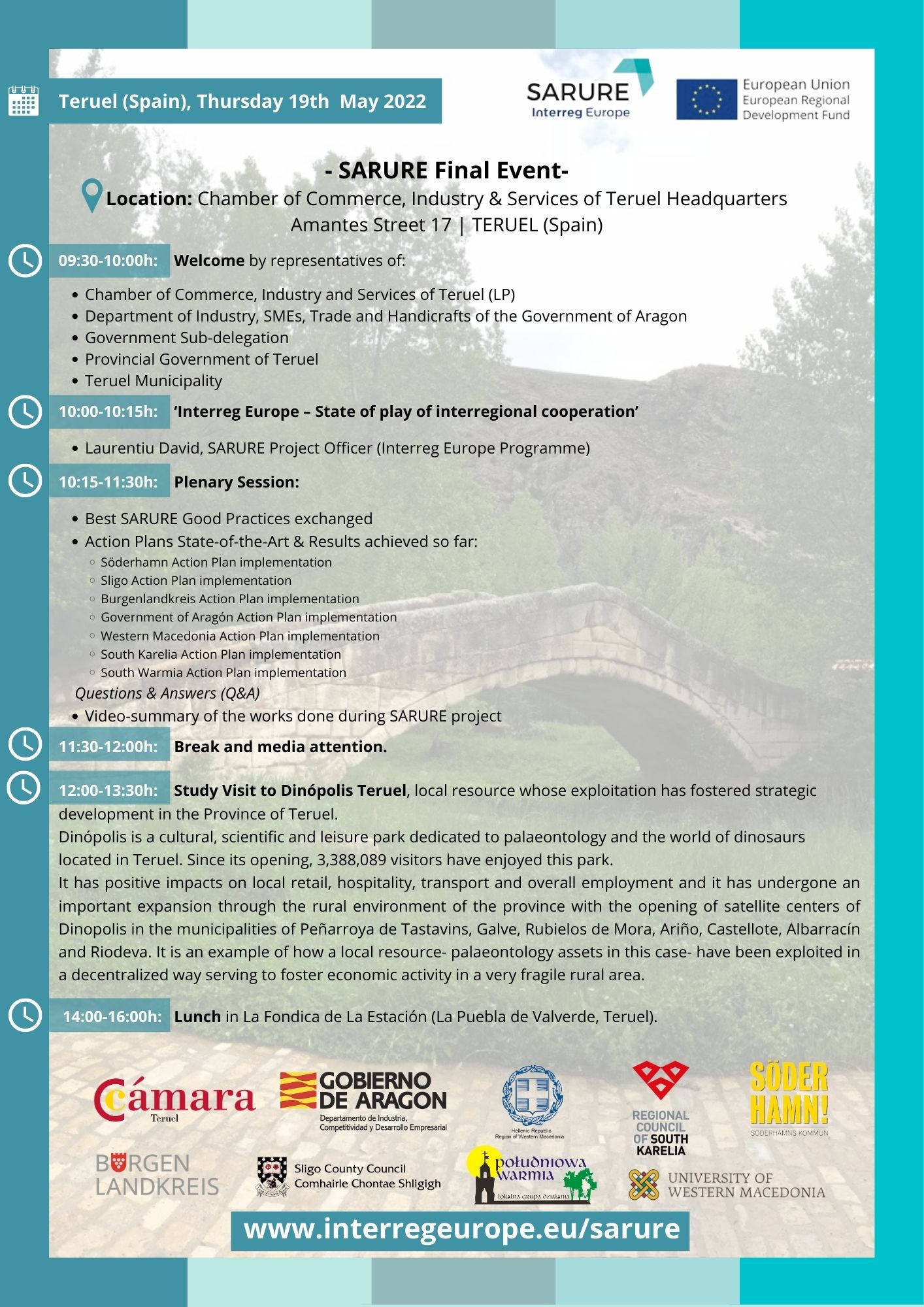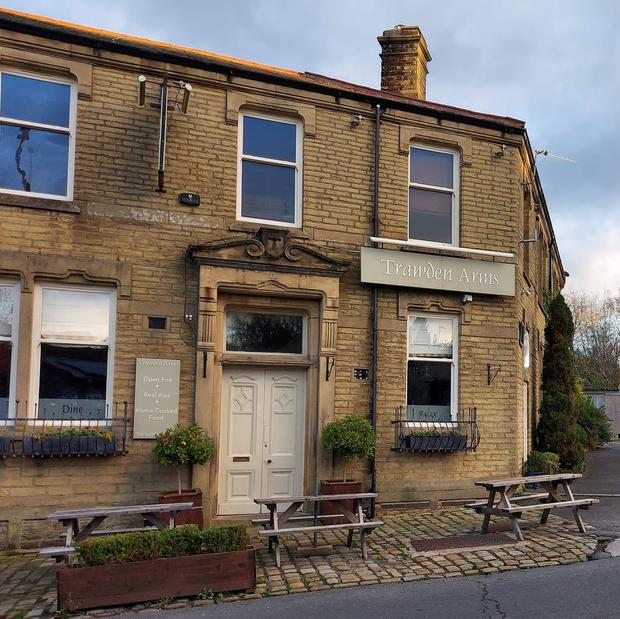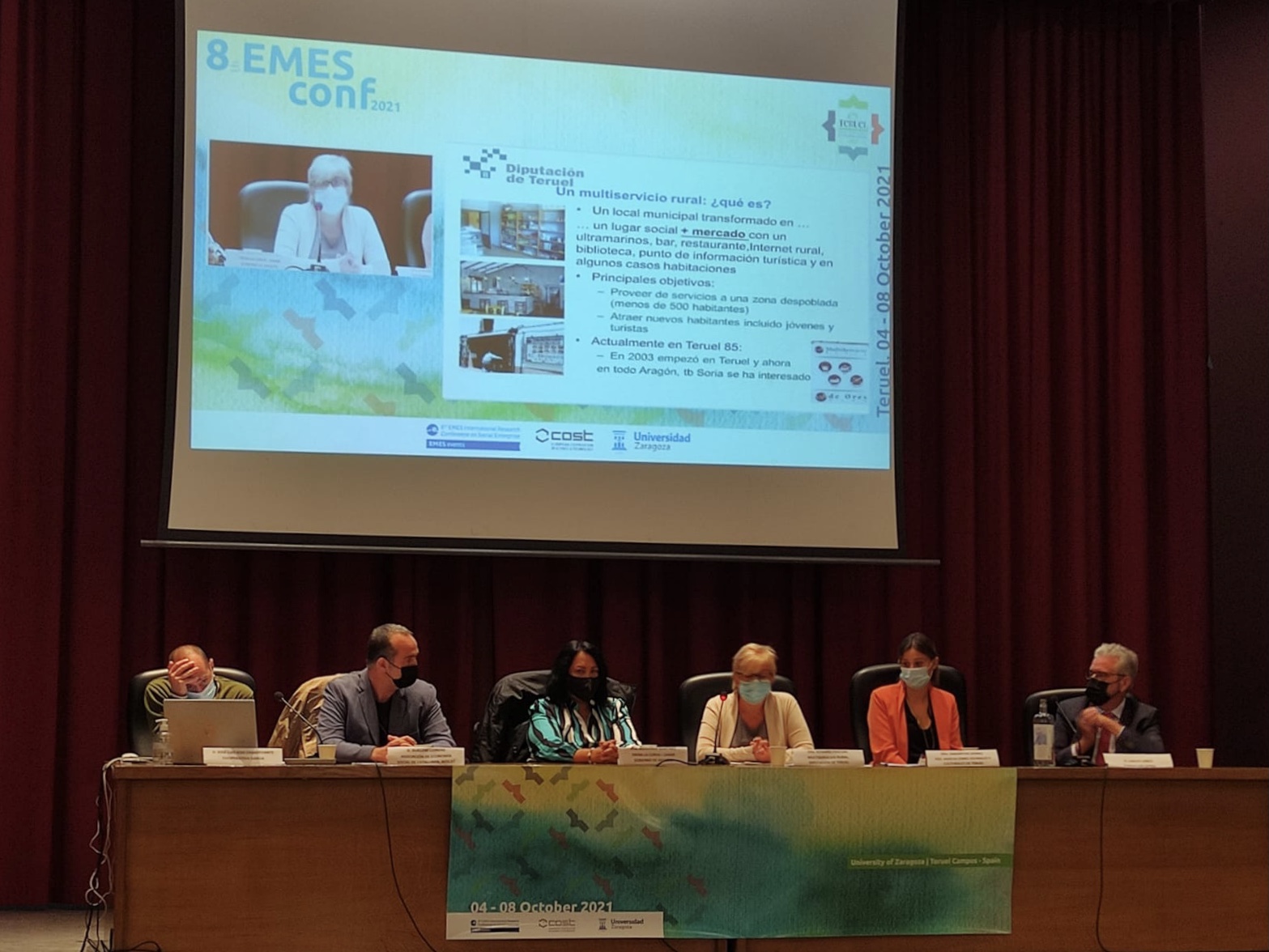Vouchers schemes have been used first as business support instruments in the late 1990s and have since become widely popular. They are designed, implemented, and deployed by public authorities on national, regional, or local level to encourage certain behaviours, in this case innovation, in targeted companies – SMEs. To a large extent vouchers are used to promote innovation related activities, the adoption of digital technologies and the acquisition of new skills through training. But there are other vouchers addressing topics such as the green transition of the economy, the access to international markets, etc.
Vouchers are also quite present in Interreg Europe projects. This policy brief focuses on the use of vouchers to foster SME competitiveness and aims at providing a comprehensive overview of the good practices and the policy improvements basing on voucher schemes in those projects. They address topics such as innovation, digitalisation, internationalisation, ecommerce, business succession, and include the use of vouchers for the mitigation of the COVID-19 crisis and its consequences for the economy.
The policy brief also delivers a series of overall recommendations building on the experiences of Interreg Europe project partners with respect to the implementation and management of voucher schemes for SME competitiveness.
You can read the full report here.
Within this report we stand out the good practice of the city of Teruel, which is mentioned in it. As we can see in the following table, Teruel had a quick response to the coronavirus crisis to reactivate the local economy.

The COVID-19 crisis particularly affected numerous local shops and businesses, which almost overnight had to close or very significantly reduce their activities to a level that put them in existential danger. Some cities, such as Teruel, together with their local stakeholders, quickly implemented voucher schemes with the aim of providing some financial relief to those small businesses.
It demonstrates the capacity of local actors to act fast and flexibly in comparison to large national schemes, which – although more significant interms of amounts - take time to be implemented. A fast reaction is very important to address the needs of small and very small businesses not having the financial resources to bypass longer periods of reduced income.
This is a simple measure that could easily be tested out in other regions. Beyond the benefits of increased revenue to local businesses it also strengthens the understanding that local businesses can survive hard times only if the local population is willing to buy locally. The customer loyalty to local SMEs might be improved on the mid- to long-term also.











